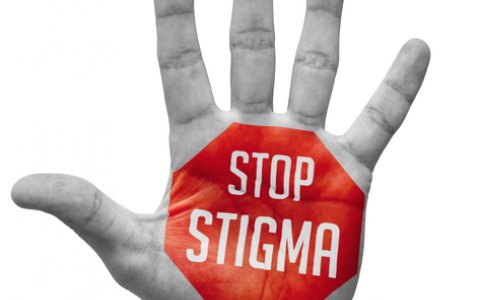Stigma and its Implications for Clinical Care - An Alcohol & Other Drugs Patients and Clinical Care Blended Learning Workshop
NCETA partnered with the Adelaide’s Queen Elizabeth Hospital to deliver a blended learning workshop for medical, nursing and allied health staff on alcohol-, tobacco- and other drug- (ATOD) related stigma and its implications for clinical care.
The purpose of the workshop was to help participants to reflect on their attitudes and values regarding people who consume alcohol, smoke tobacco and/or use other drugs – whether they be patients, colleagues, family or friends, or indeed themselves. The workshop addressed:
- Professional values and ethics
- Australia’s ongoing, successful approaches to addressing ATOD use and associated harms
- The evidence-base regarding ATOD use and associated harm.
The workshop, conducted by Dr Jane Fischer, comprised three stages:
- Groundwork – covering personal and professional values, role legitimacy, motivations for use and Australia’s response
- Working with patients and clients – placed within the context of Ryszard Kapuscinski[i], (2008) considerations of the ‘Other’, the webinar examined stigma and its effects, and complexity in clinical care
- Moving forward – focusing upon language, ‘deservingness’ and reflecting upon immediate care practices.
Twenty QE Hospital staff took up the challenge of this workshop. NCETA’s Attitude Measurement Scale , was delivered pre- and post-workshop to assess attitude change towards people who use ATOD. Preliminary assessment of these data suggests that participants attitudes towards people who use alcohol and other drugs significantly improved. Participants also reported favourably on the workshop, found its content and design to be ‘at the right level’ and would recommend it to their colleagues.
[1] Ryszard Kapuscinski was a Polish journalist, author, photographer and poet. He spent most of his career working for the communist controlled Polish media, covering Africa, South America and Asia, reporting on over 25 revolutions and coups. However he was fired for his early support of Solidarity. Kapuscinski asked: how should we relate to ‘Others’? What attitudes should we take to them? Proposing three choices (war, putting up a wall or dialogue), he argued for dialogue – propositioning that if we do not recognise the ‘Other’, and instigate dialogue with ‘Them’, we do not know ourselves.











